The 10 best two player board games
Go head-to-head on your tabletop.
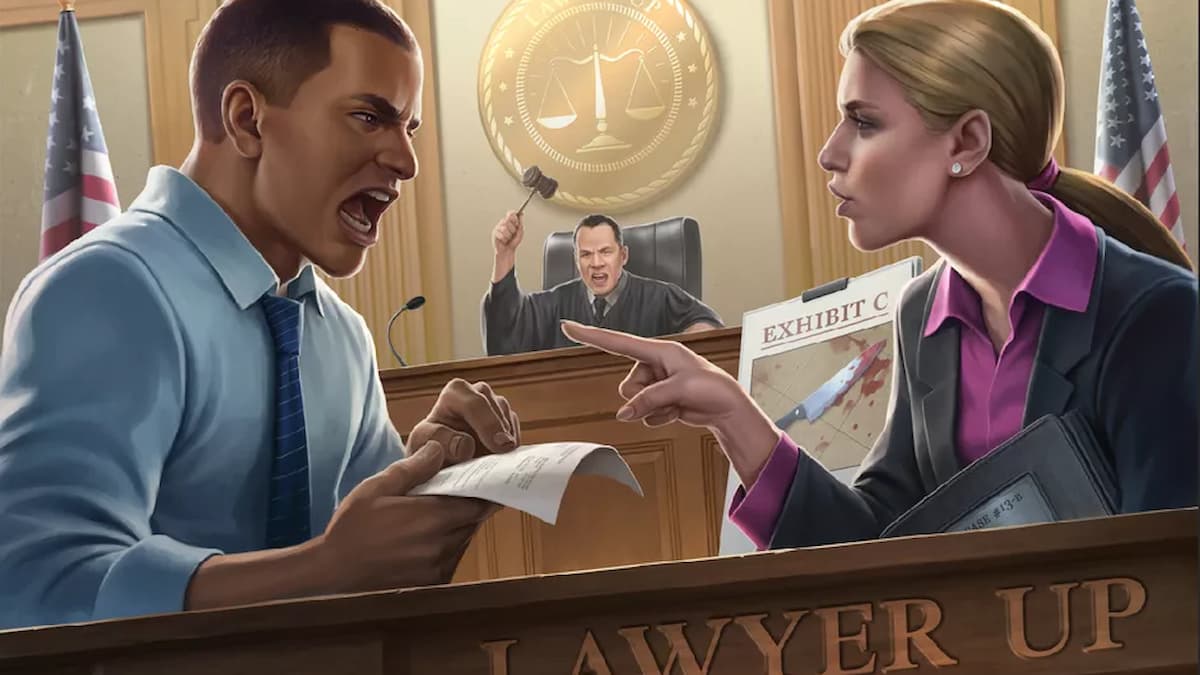
Image via Rock Manor Games
While getting the whole gang around the table for a board game is usually ideal, sometimes it isn’t possible. For all those times when it’s just you and someone else with a few hours to game, you need a great two-player board game. If you’re looking for something that can scratch that itch, here are our picks for the best two-player board games out there.
The best two-player board games – our top ten picks
Some of these games are specifically designed with two players in mind, while others work well with fewer players. The most important criterion for those games that are designed for more than two players is that the experience feels the same with just a pair. No scaled-back rules or big changes in difficulty for the two-player experience.
7 Wonders Duel
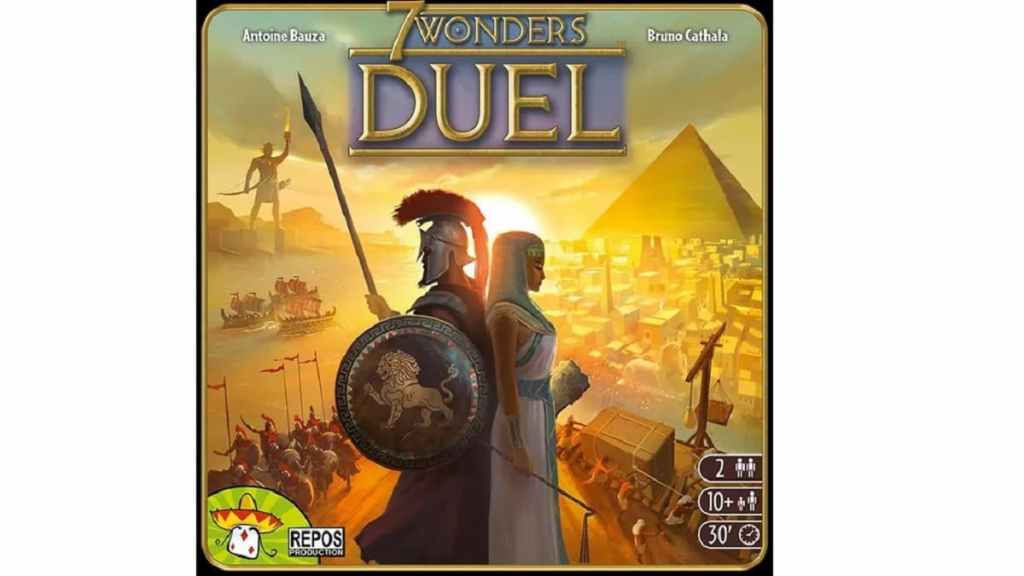
The original 7 Wonders board game took the classic Civilization experience and put it into one of the most celebrated board games of all time. The experience in 7 Wonders Duel takes the main game and makes it more accessible for two players. The playtime is shorter, and the rules are simplified to account for shorter turns and less admin to keep track of. What isn’t reduced here is the amount of fun you can have building your empire and lording your success over your enemies.
Descent: Legends of the Dark
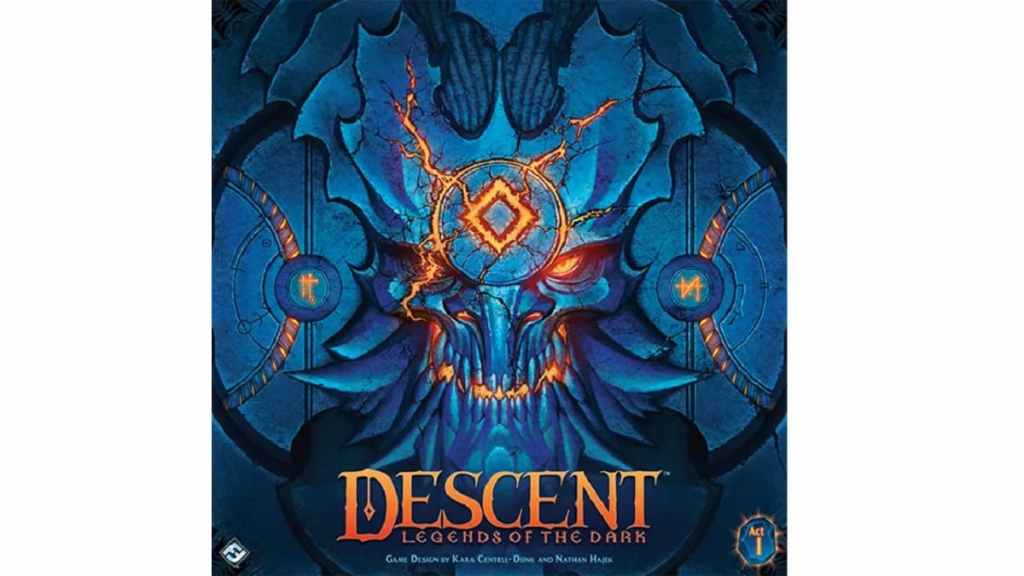
While Gloomhaven offers a more immersive experience for board game RPG fans, the long set-up and high difficulty can be off-putting for players. That’s where Descent: Legends of the Dark comes in. With a much quicker setup, this fantasy RPG allows two players to explore a world where their actions have direct consequences. Plus, the game comes with some beautiful miniatures and terrain to help bring the world to life.
Jaipur
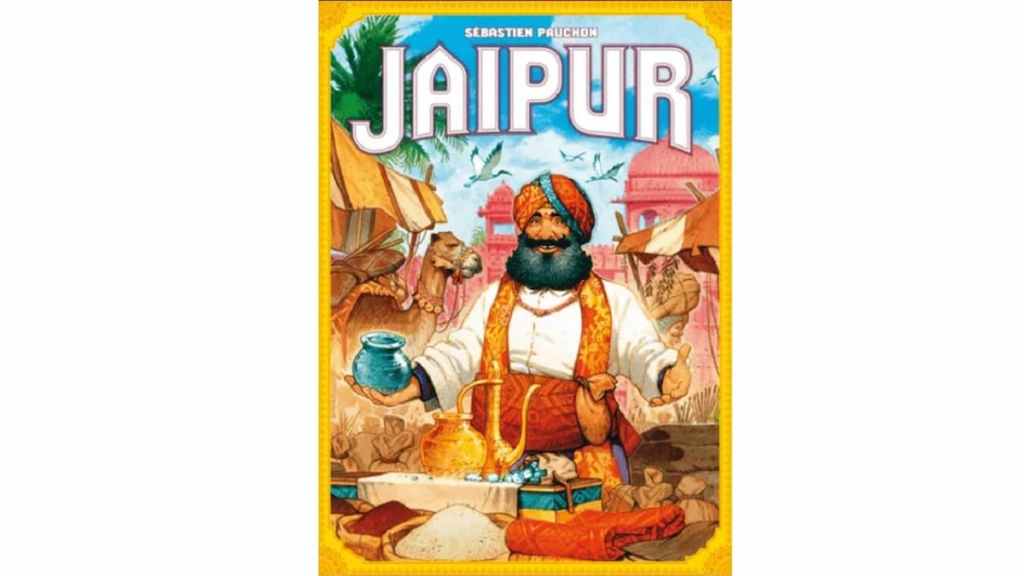
As merchants seeking their fortune, Jaipur requires a lot of trading to come out on top and truly impress the maharaja. Each turn consists of a purchase phase and a selling phase. Players will need to buy up as much as they can at a good price before selling them in bulk later on. The larger the bulk sale, the more points they’ll earn, but waiting too long will give your opponent a chance to snatch up the card they’ve had their eye on. Jaipur is a fast-paced two-player board game that tests your nerve.
Lawyer Up
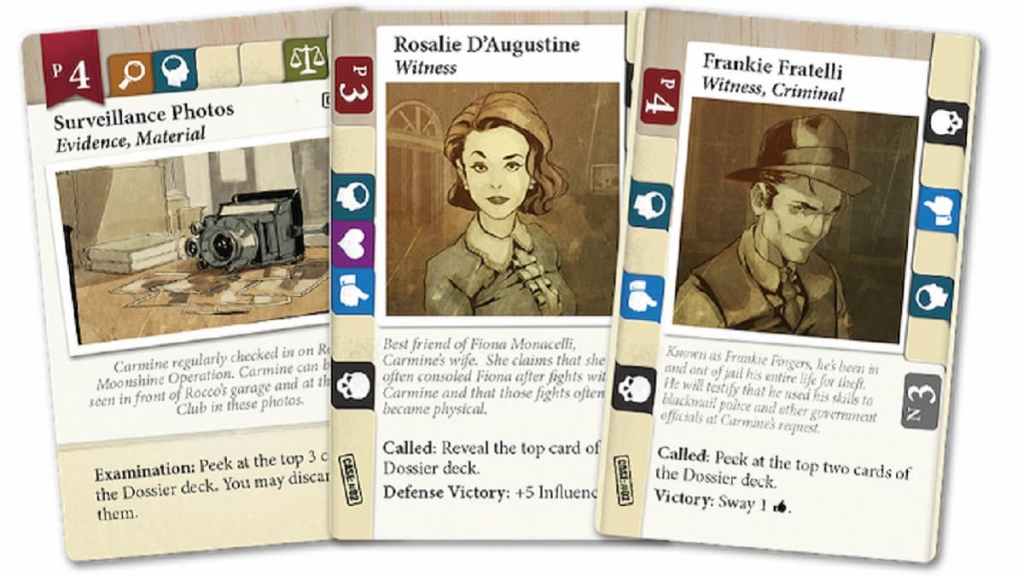
Everyone loves a good courtroom drama, which is what you get in Lawyer Up. While it lacks some of the colorful characters of the Ace Attorney series, this two-player card game puts players in the role of the defense and prosecution with all the drama and twists that you’d expect from such a setting. Both players have opposing goals and a unique deck of cards to help them achieve them, either getting their client off the hook for murder or proving that they were the culprit all along.
Lost Cities
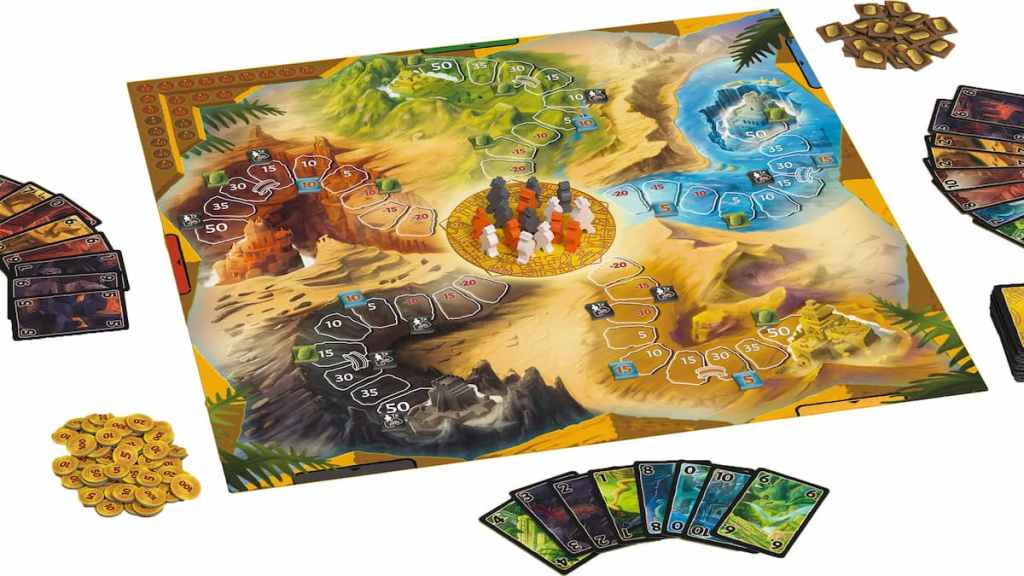
Lost Cities allows players to plan their own archaeological expeditions, staking their reputations and careers on reaching and exploring the site first. You can choose to play how you’d like, either focusing on a single fruitful adventure or embarking on multiple expeditions in multiple places. However, each expedition is expensive and starts at a minus 20 penalty that must be bought off before it earns the player points. Knowing when to start a new journey is the key to racking up more points than your opponent and coming out on top.
Pandemic Legacy

The original Pandemic board game focused on stopping a randomly spawning infectious outbreak across the globe. That core mechanic is still present in Pandemic Legacy, but now there is an overarching plot that takes place over 12 in-game months. The game rules expand as new strains are discovered, and cures are found, and players build characters with special abilities and skills. The downside is that you can only play the whole story one time, but there are three seasons to test your strategic planning with.
Patchwork
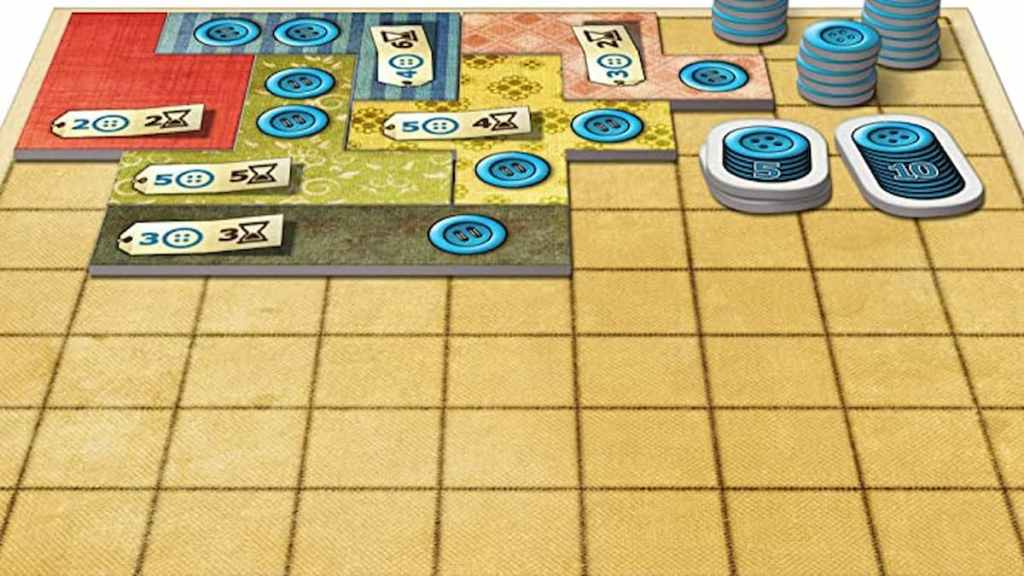
You don’t have to be into quilting to love Patchwork, which is one of the most relaxing two-player board games you’ll ever play. The objective is to build the best blanket you can, working with other players in a semi-competitive game. It is oddly soothing to find the right patch for the right place, and the rules are simple enough that you can pick them up in just a few minutes. This is the perfect two-player board game for lazy Sunday afternoons.
Sherlock Holmes: Consulting Detective
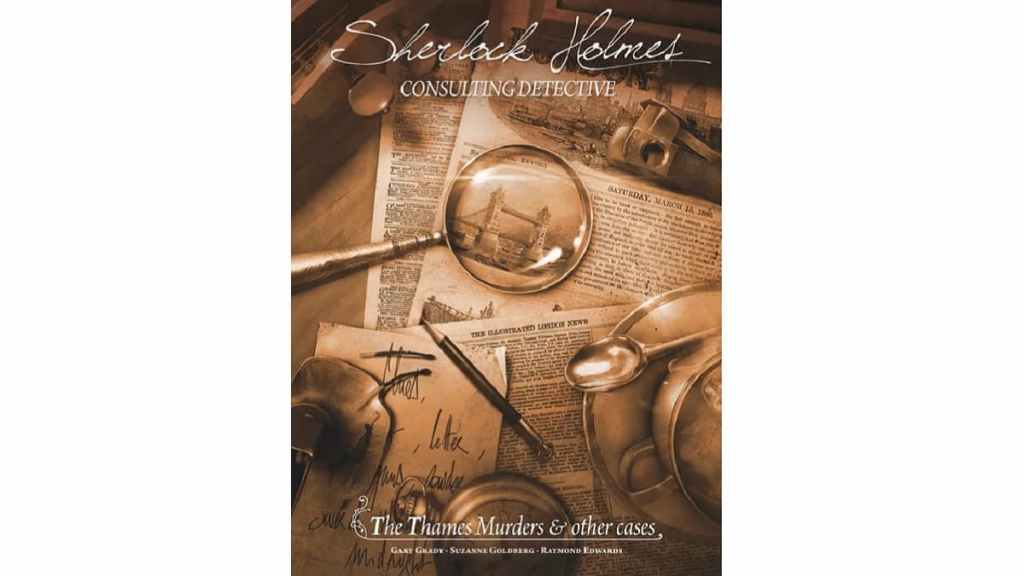
This game casts you into the world of the World’s Greatest Detective. No, not Batman. Sherlock Holmes. As a member of the Baker Street Irregulars, you have the unenviable task of trying to solve a crime alongside Holmes himself. Each mystery will take you across London, checking alibis, searching for clues, and seeing if you can solve it faster than Sherlock Holmes. Doing so will require some Olympic-level mental gymnastics, but the experience is largely unchanged no matter how many detectives you have on the case.
Skulk Hollow
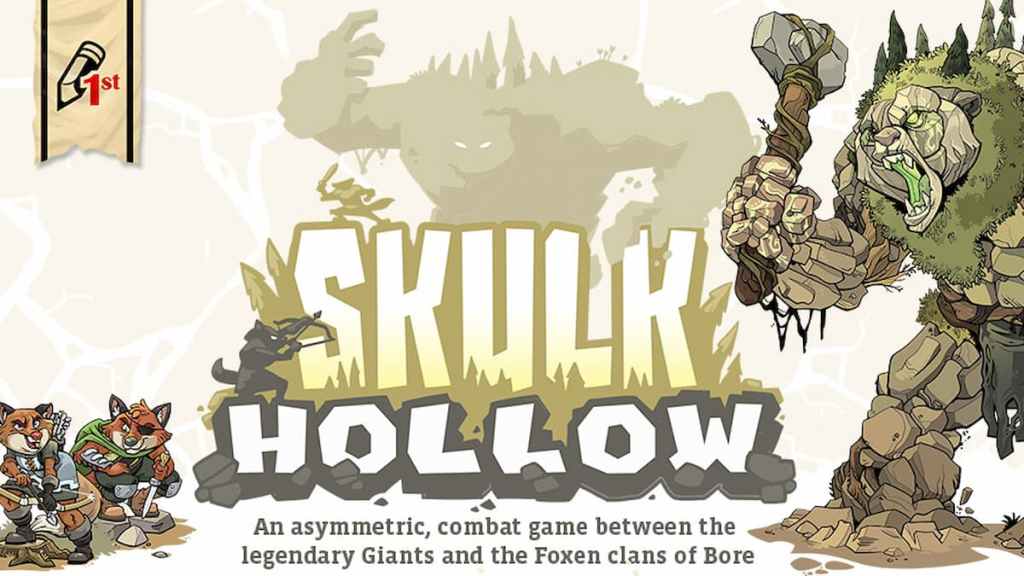
Most of the time, players are cast as the heroes defending against an impending monster attack. Skulk Hollow is a two-player board game that allows one of the players to be the monster in question. One side is the giant, intent on rampaging through the countryside, and the other is the heroes trying to stop them. The asymmetrical gameplay here is the real highlight, as the giant and hero sides both have their own distinct rules, making it unlikely that you’ll play the same way twice in a row.
Undaunted: North Africa
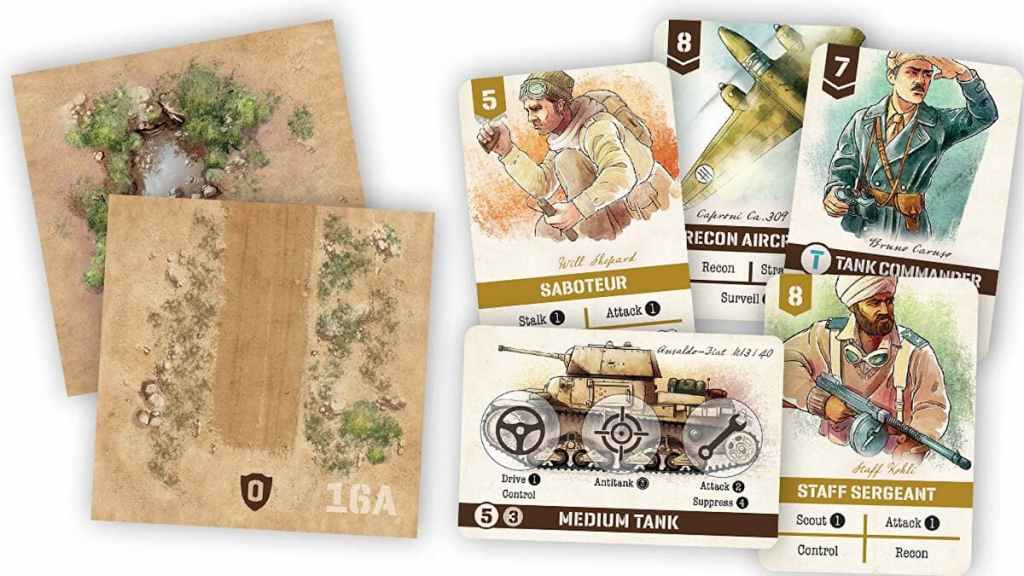
In Undaunted, you have two distinct and sometimes conflicting objectives. The first is to build a powerful deck, slowly growing your list of potential actions with each turn. The other is to engage the other player in strategic warfare, moving soldiers across the field until you can overwhelm your opponent. With the backdrop of World War II, Undaunted: North Africa puts players in control of armies to achieve a series of objectives.